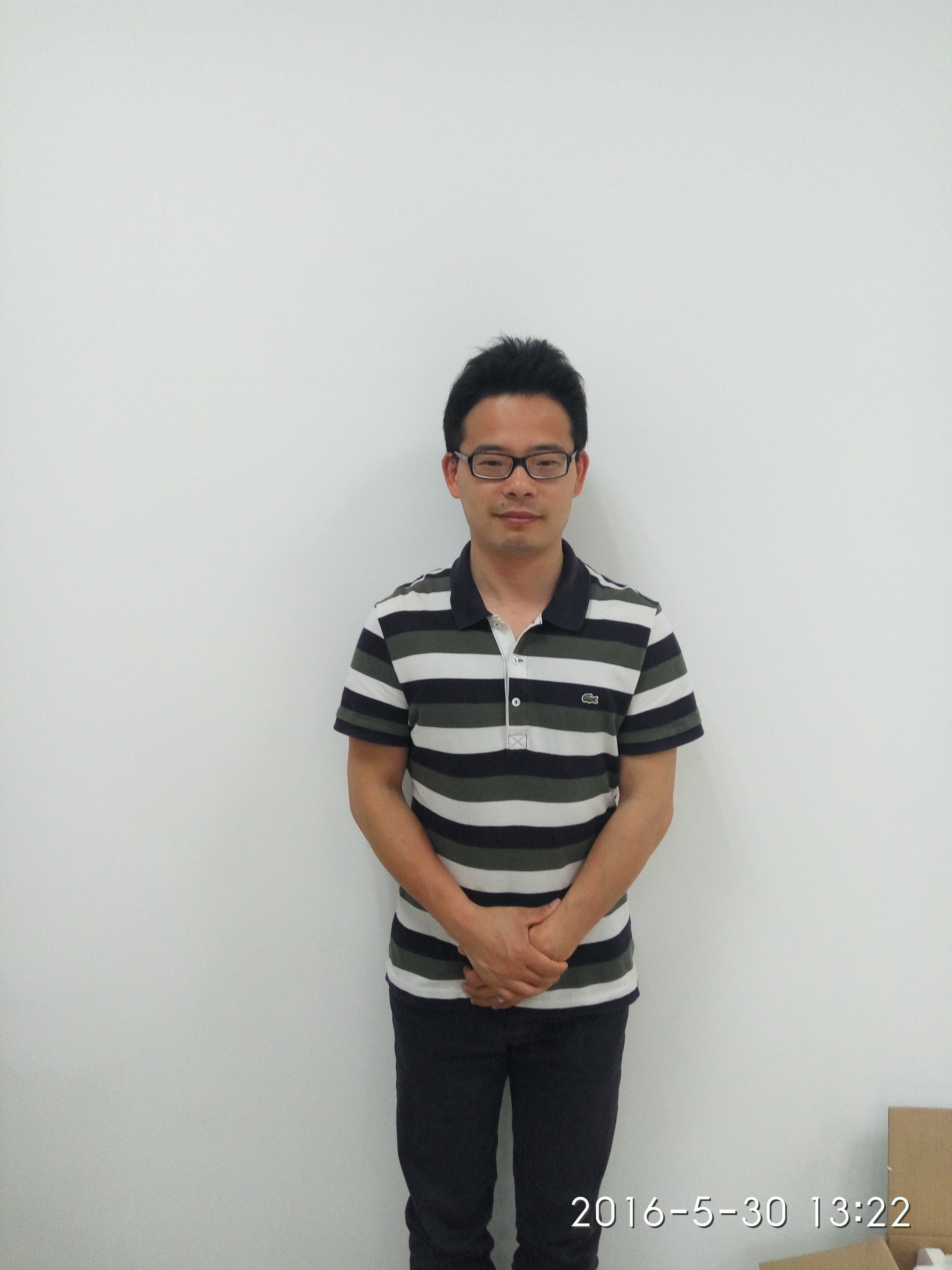报告时间:2016年5月31日(周二) 19:30
报告地点:主楼IV305
报告人:张宗华
报告题目:Autonomic Cyberdefense: Mission Impossible ?
The arms race between attacker and defender is endless. While tremendous research efforts have been paid to secure our systems and networks, it is still largely recognized to be mission impossible to build a perfectly secure system or develop an autonomic defense mechanism. Instead, attack mitigation is believed to be a practical alternative that aims at lessening the impact of, if not completely ceasing, an inevitable attack based on its early detection. This talk is intended to share our experiences and lessons learned from the development of attack mitigation schemes in different types of networks, e.g., enterprise networks, wireless ad hoc networks, and software defined networking (SDN). The purpose is to illustrate why it is extremely difficult to develop an autonomic defense mechanism and to what extent (or the gap remained) we can achieve that objective. In particular, we demonstrate our early attempt to develop (partially) autonomic defense system in the context of SDN/NFV.

Zonghua Zhang is currently an Associate Professor of Institute Mines-Telecom/TELECOM Lille. Previously, he worked as an expert researcher at the Information Security Research Center of National Institute of Information and Communications Technology (NICT), Japan from April, 2008 to April, 2010. Even earlier, he spent two years for post-doc research at the University of Waterloo, Canada and INRIA, France, right after earning his Ph.D. degree in information science from Japan Advanced Institute of Science and Technology (JAIST) in 2006. He also holds a HDR degree (Accreditation to Supervise Research) from UPMC (Univ. of Paris 6, France).
Zonghua’s research covers a broad spectrum of security topics, such as anomaly detection, network forensics, root cause analysis, reputation systems, and security protocols in different type of computer and communication networks, with the current focus on Software-Defined Networking (SDN), Network Functions Virtualization (NFV), and Cyber-Physical Systems (CPS) like e-healthcare and Intelligent Transportation Systems (ITS). He is on the editorial board of Computers & Security, IEEE Communications Magazine, Security and Communications Network, and International Journal of Network Security.



